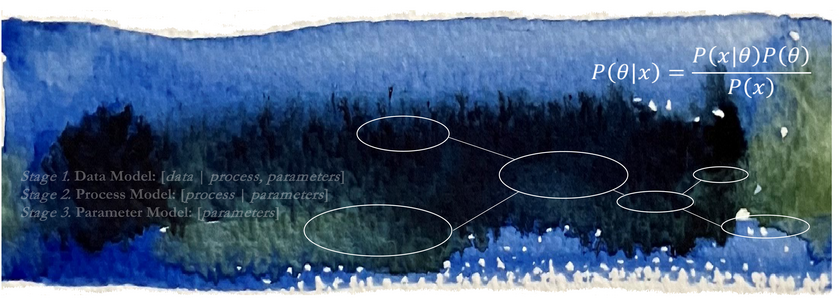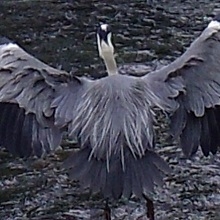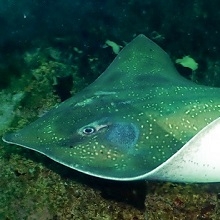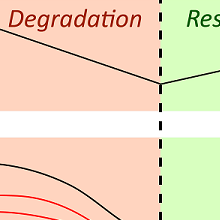Department Systems Analysis, Integrated Assessment and Modelling
Ecological Modelling

Our group is developing statistical models for the spatial and temporal dynamics of (semi-)aquatic species populations and communities to understand biodiversity responses to environmental change. We apply this understanding to contribute to evidence-based conservation and restoration for a nature positive future.
Research topics
-
The development and application of Bayesian hierarchical models, which are particularly suitable for data-driven, statistical inference with process-based, theory-informed models. The aims are to further develop modelling frameworks, to test ecological hypotheses and to quantify the status and trends of biodiversity.
-
The integration and joint analysis of different data types and sources (systematic survey data, experimental data, or opportunistic data) to improve inference and model accuracy. The aim is to leverage all available pertinent information to estimate the shared parameters of a single model while accounting for uncertainties stemming from different sampling methods.
-
The application of data-driven models to contribute to evidence-based restoration and conservation practices. We use models to evaluate the efficacy of conservation actions and to compare management scenarios.






